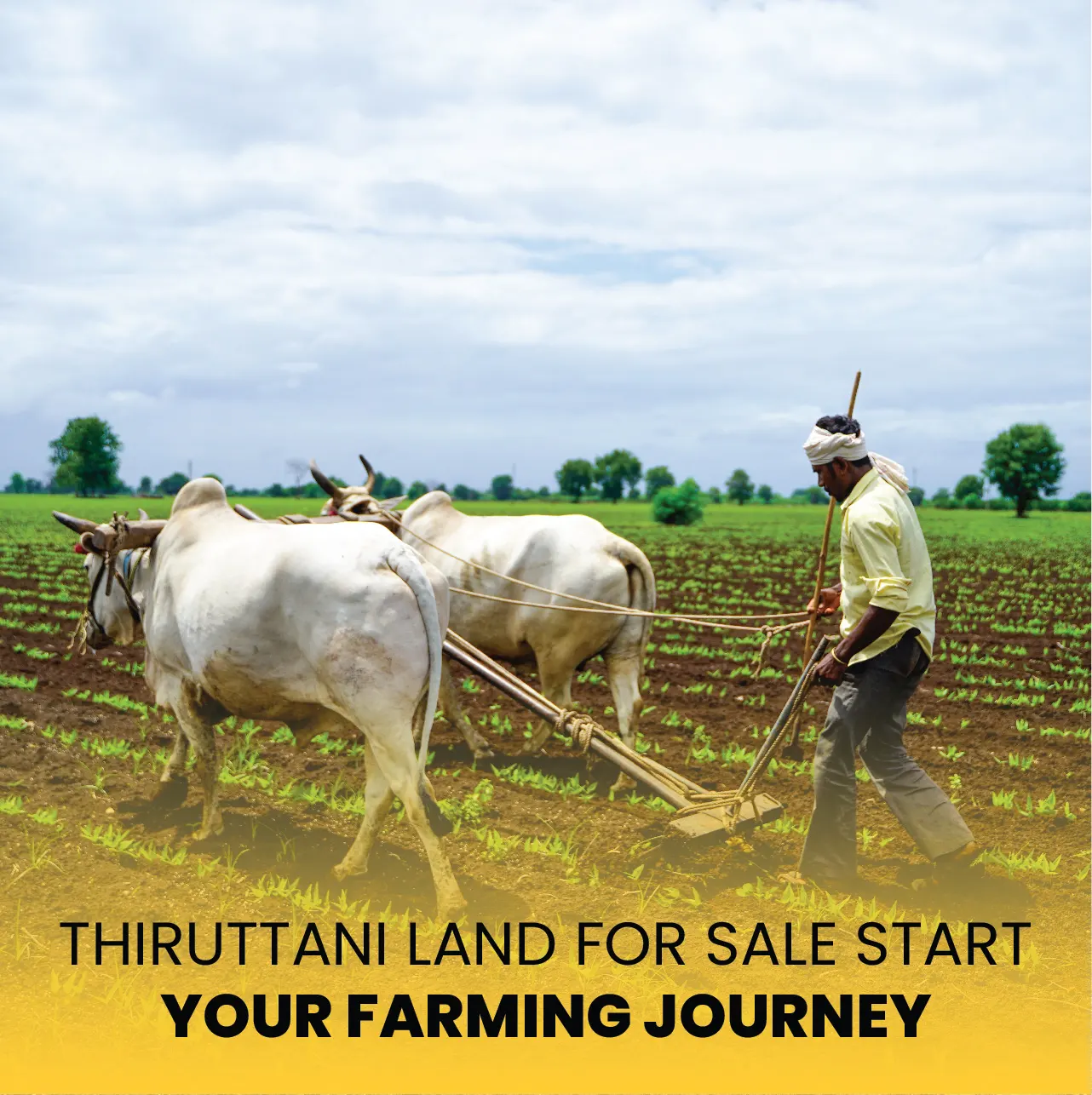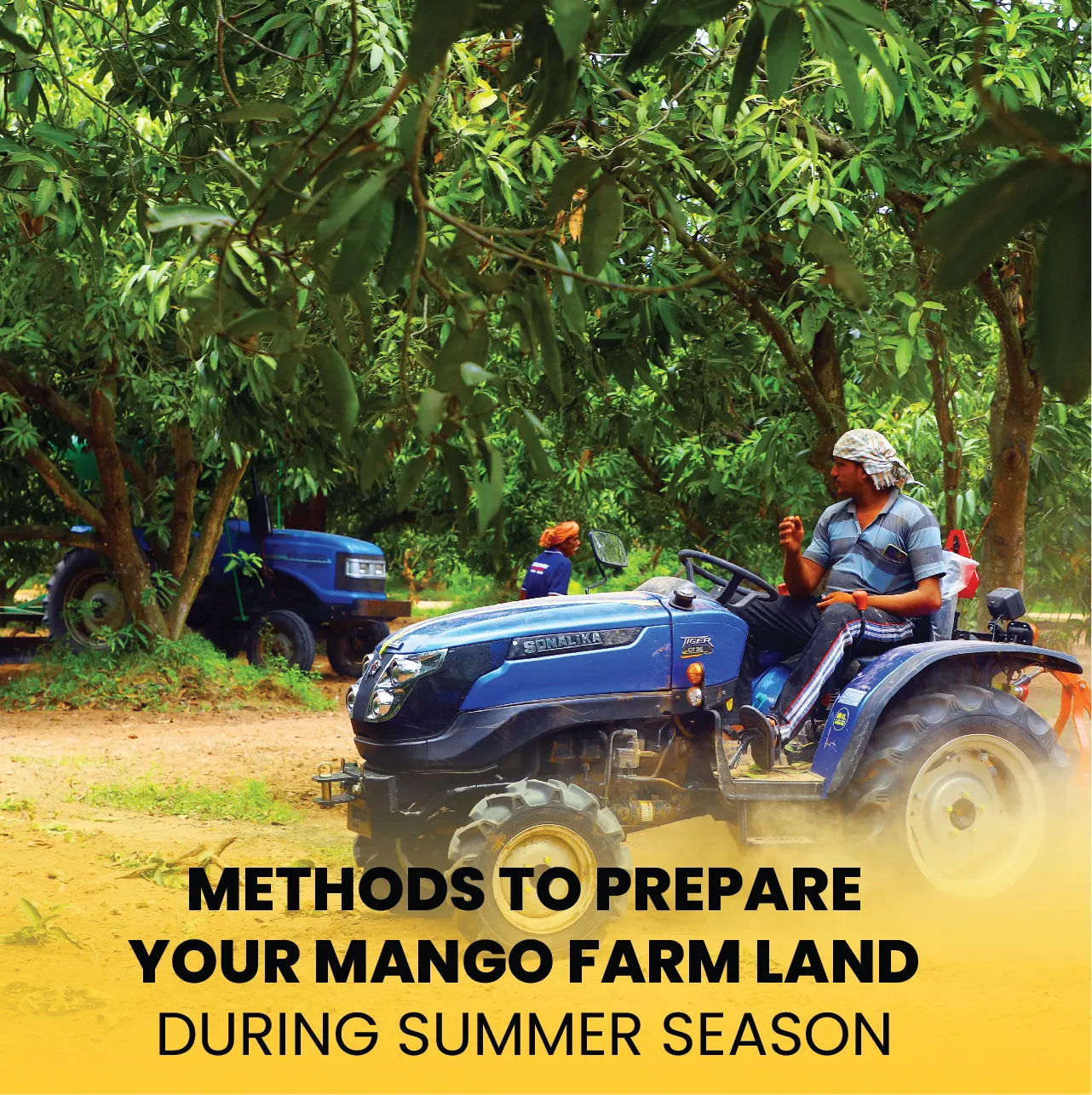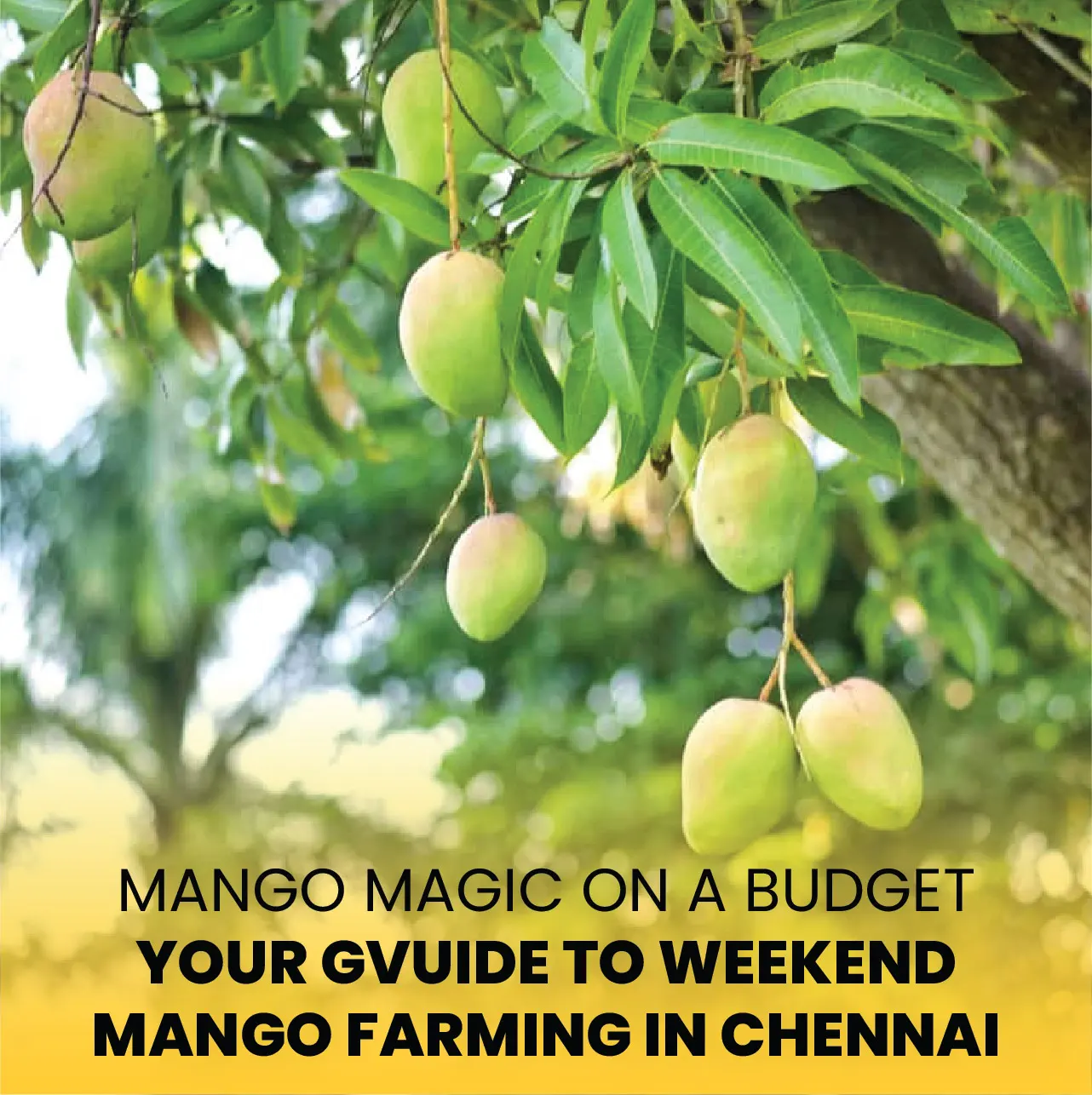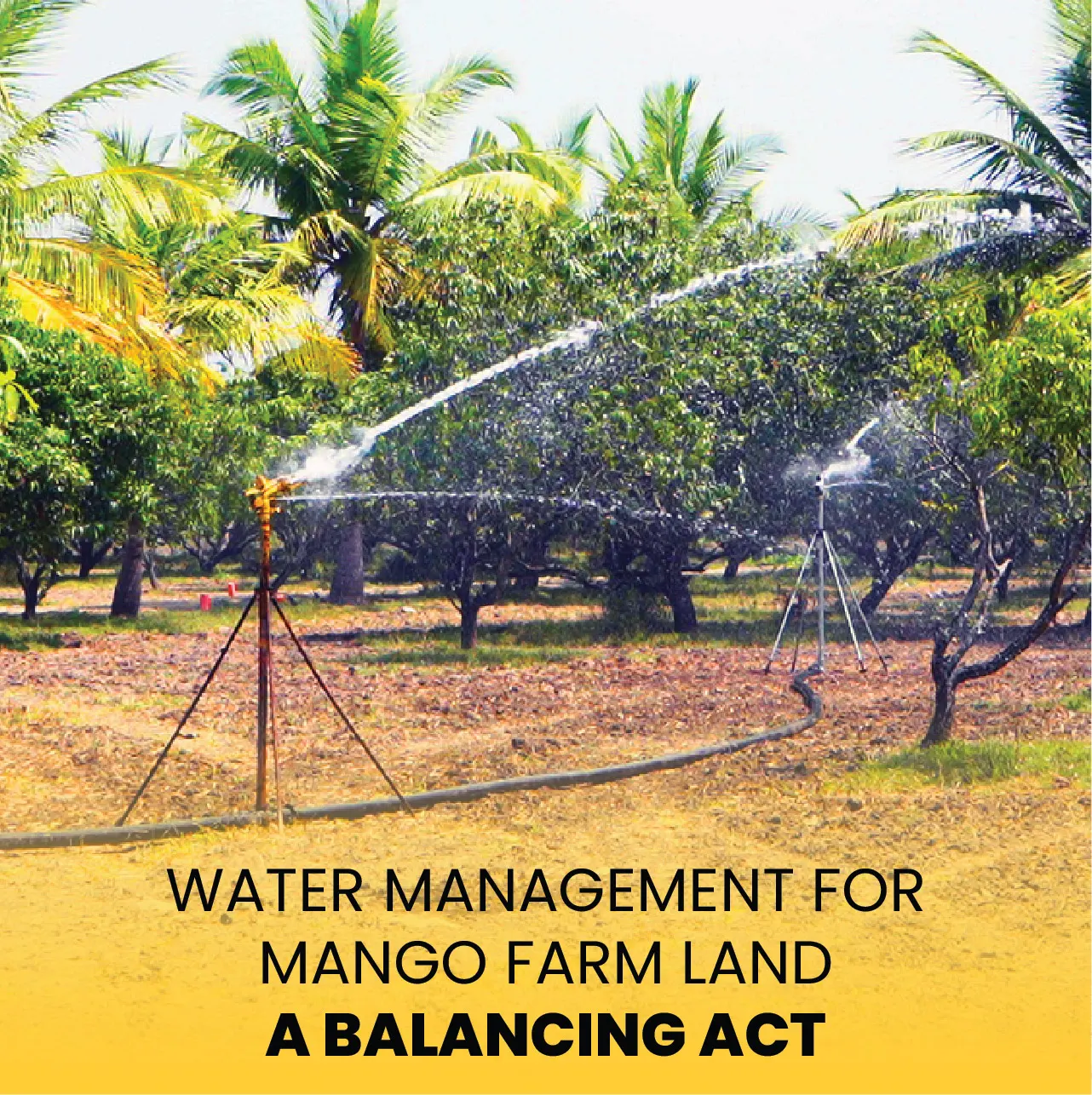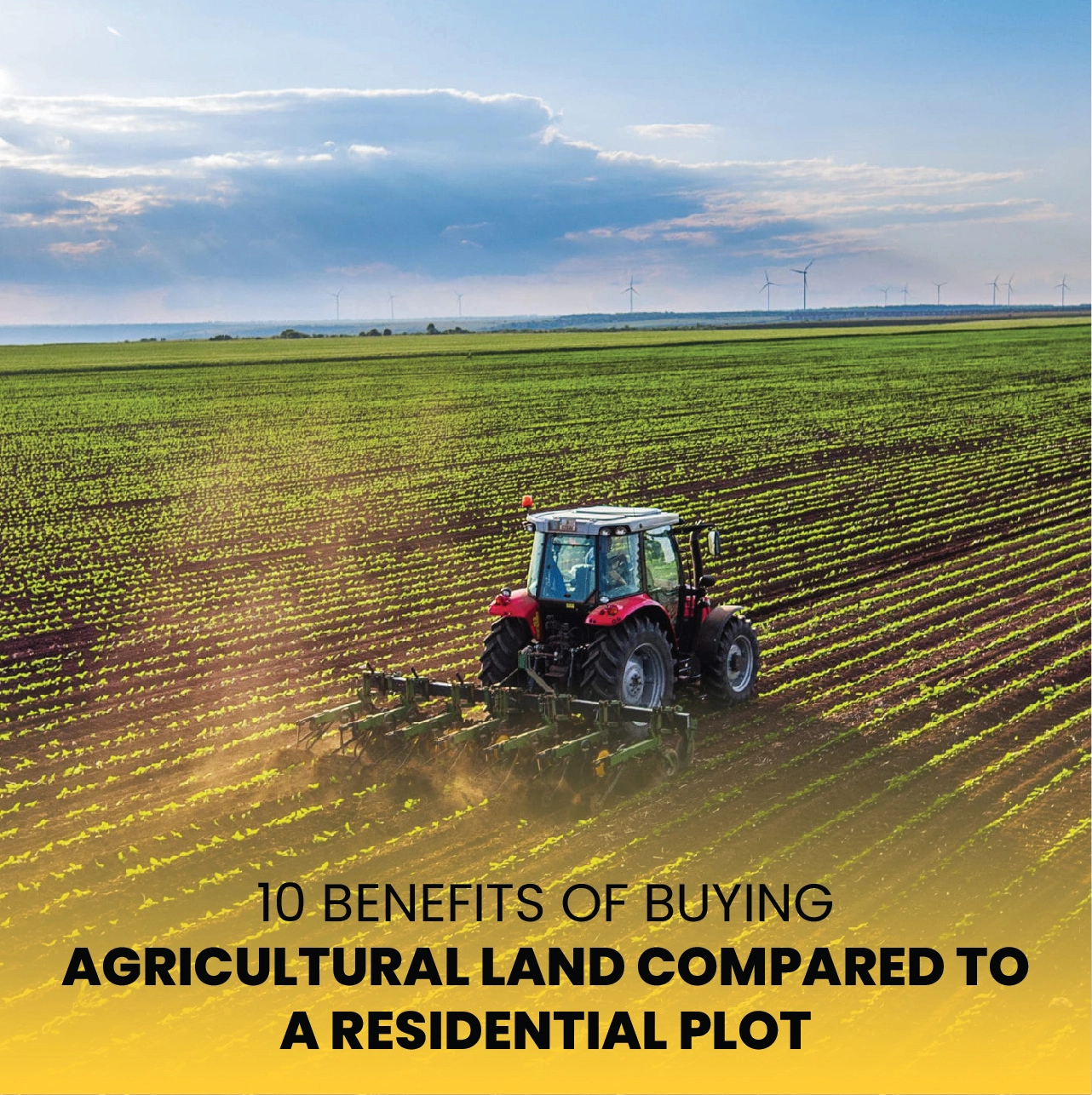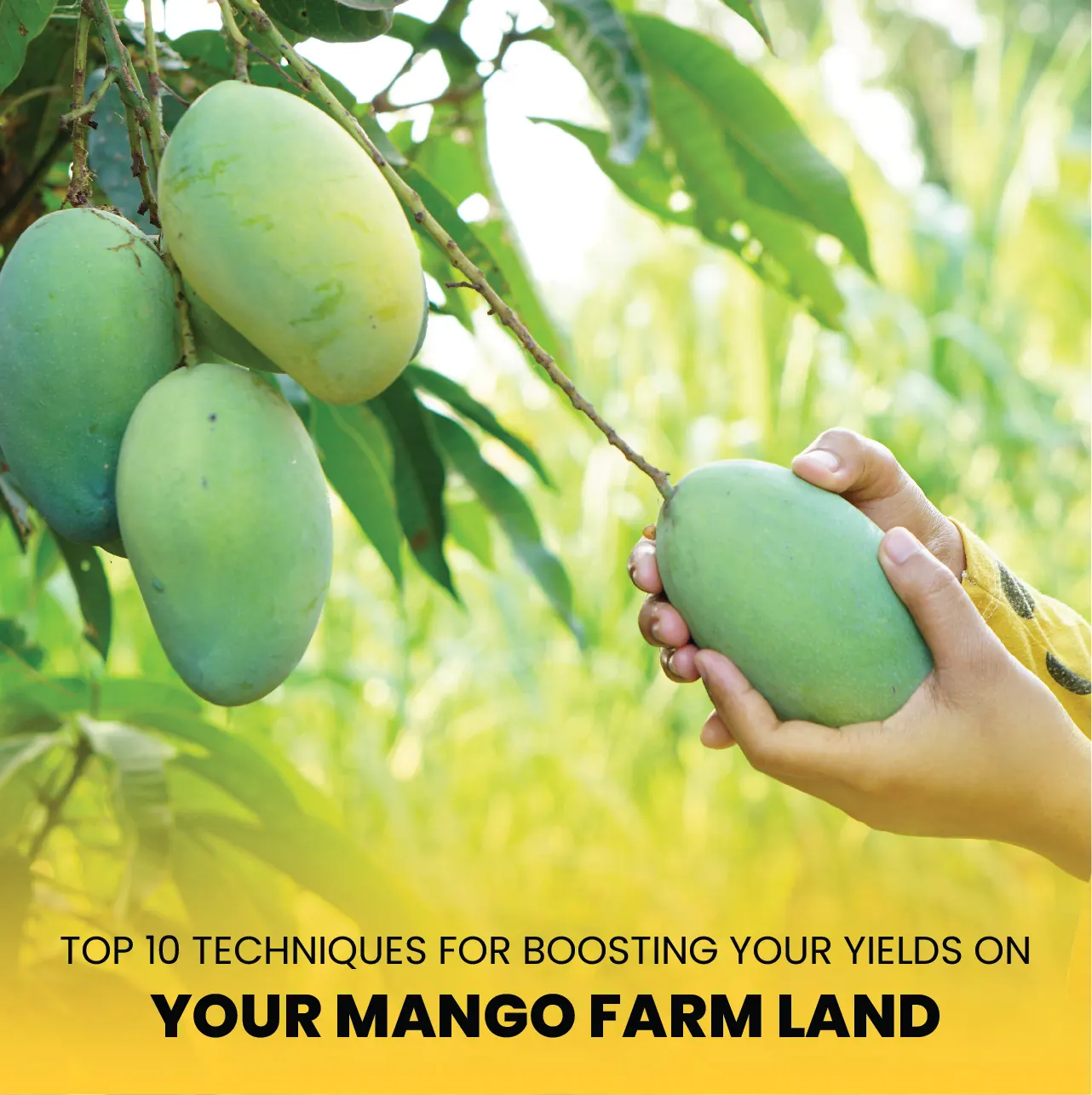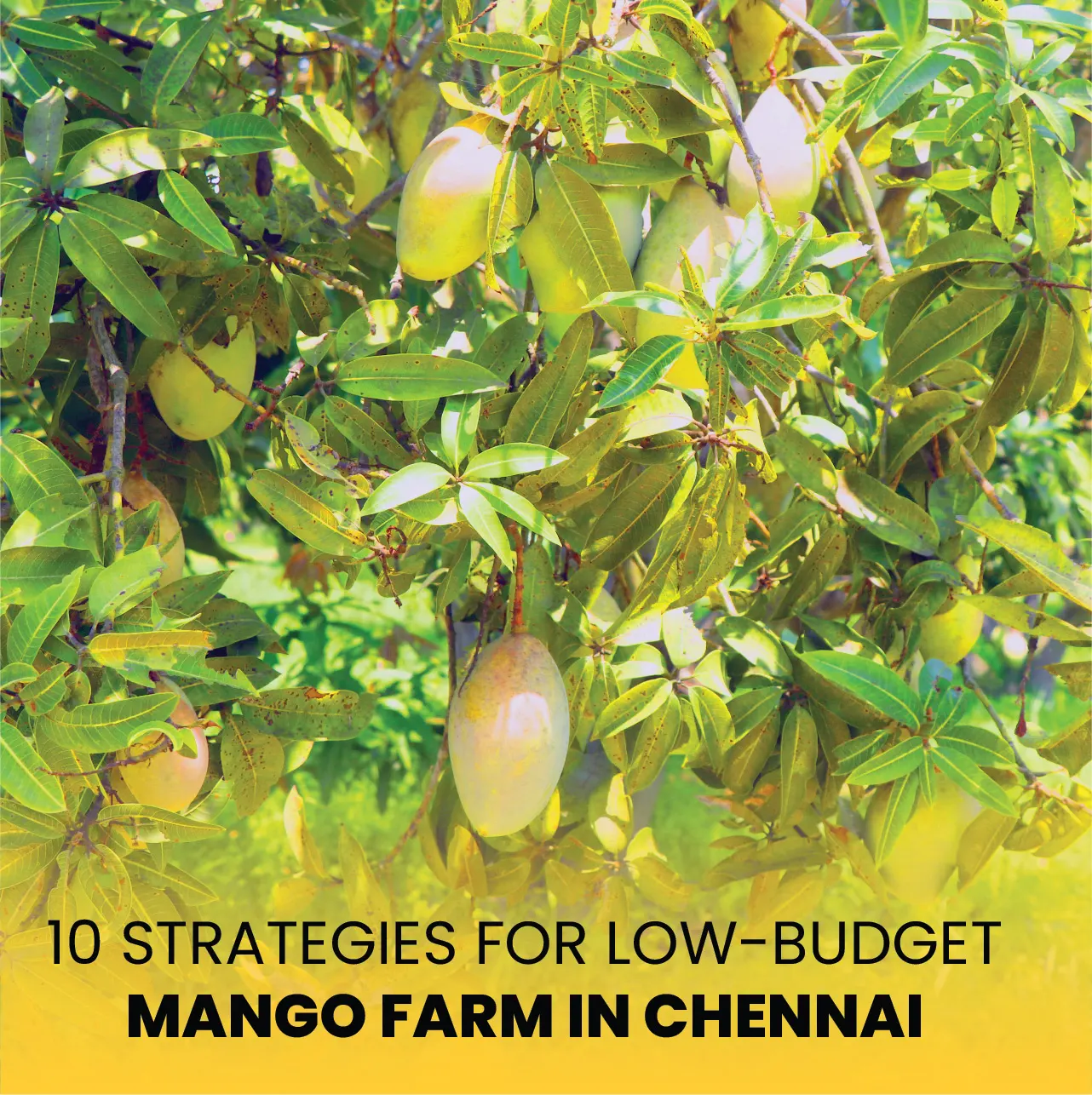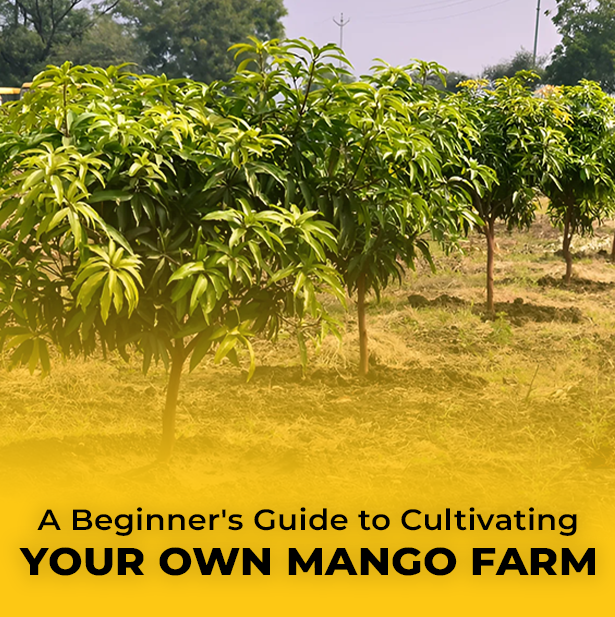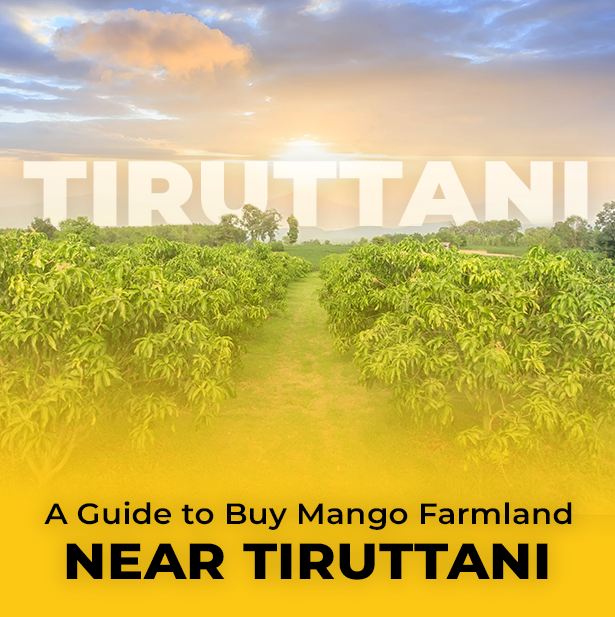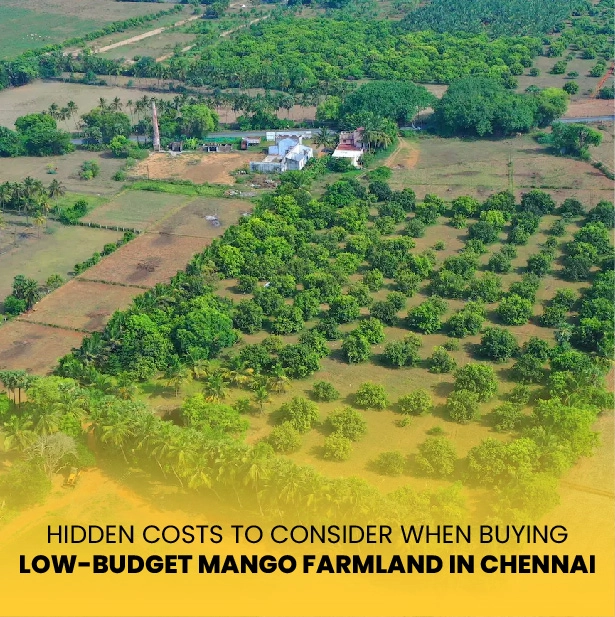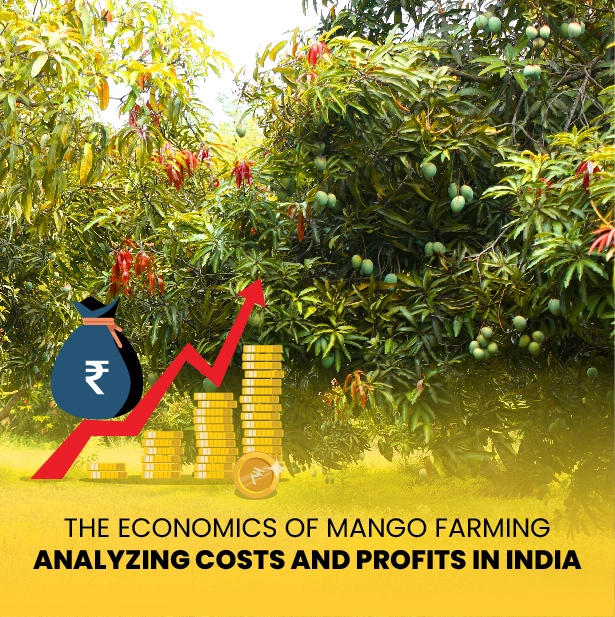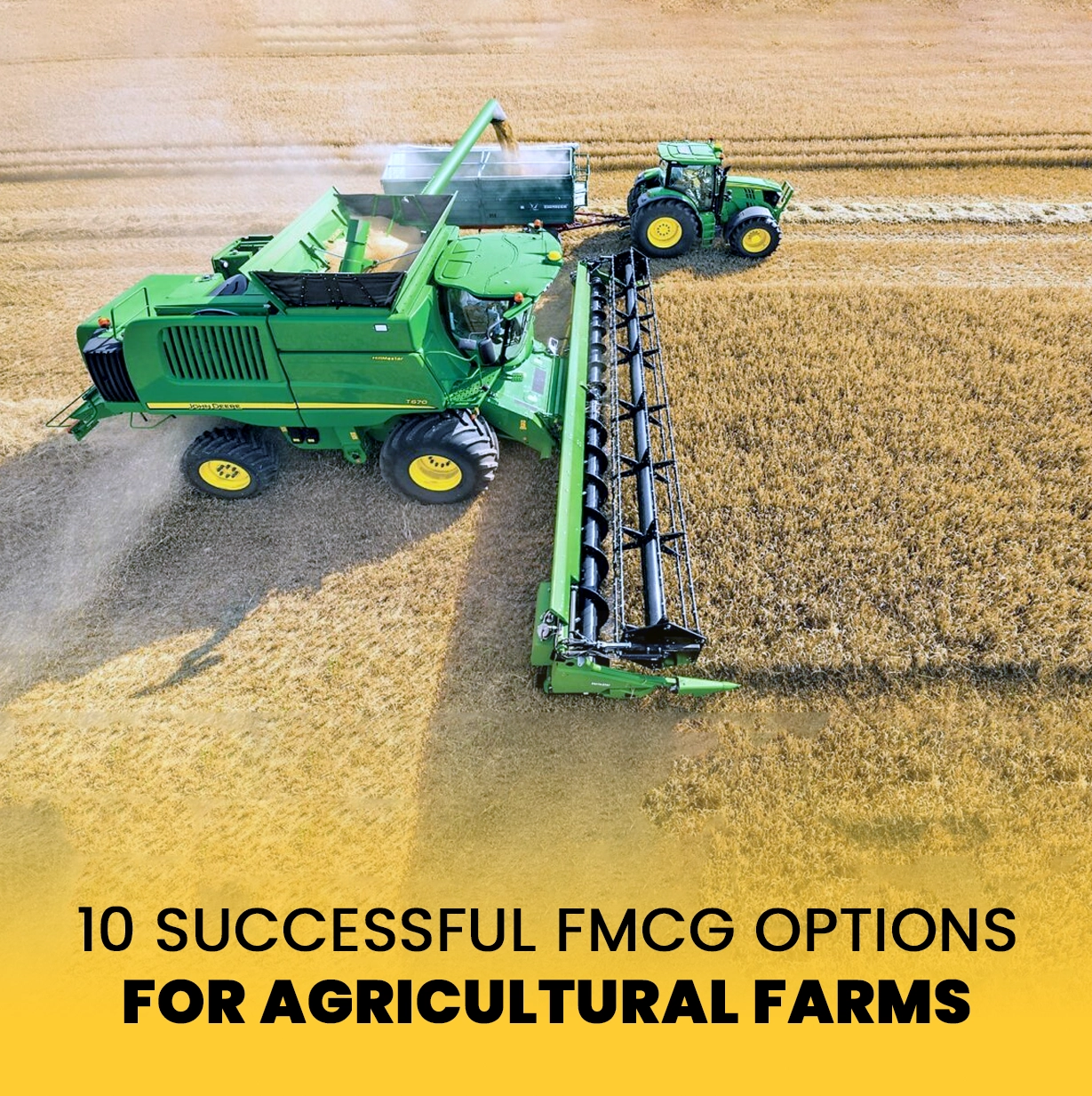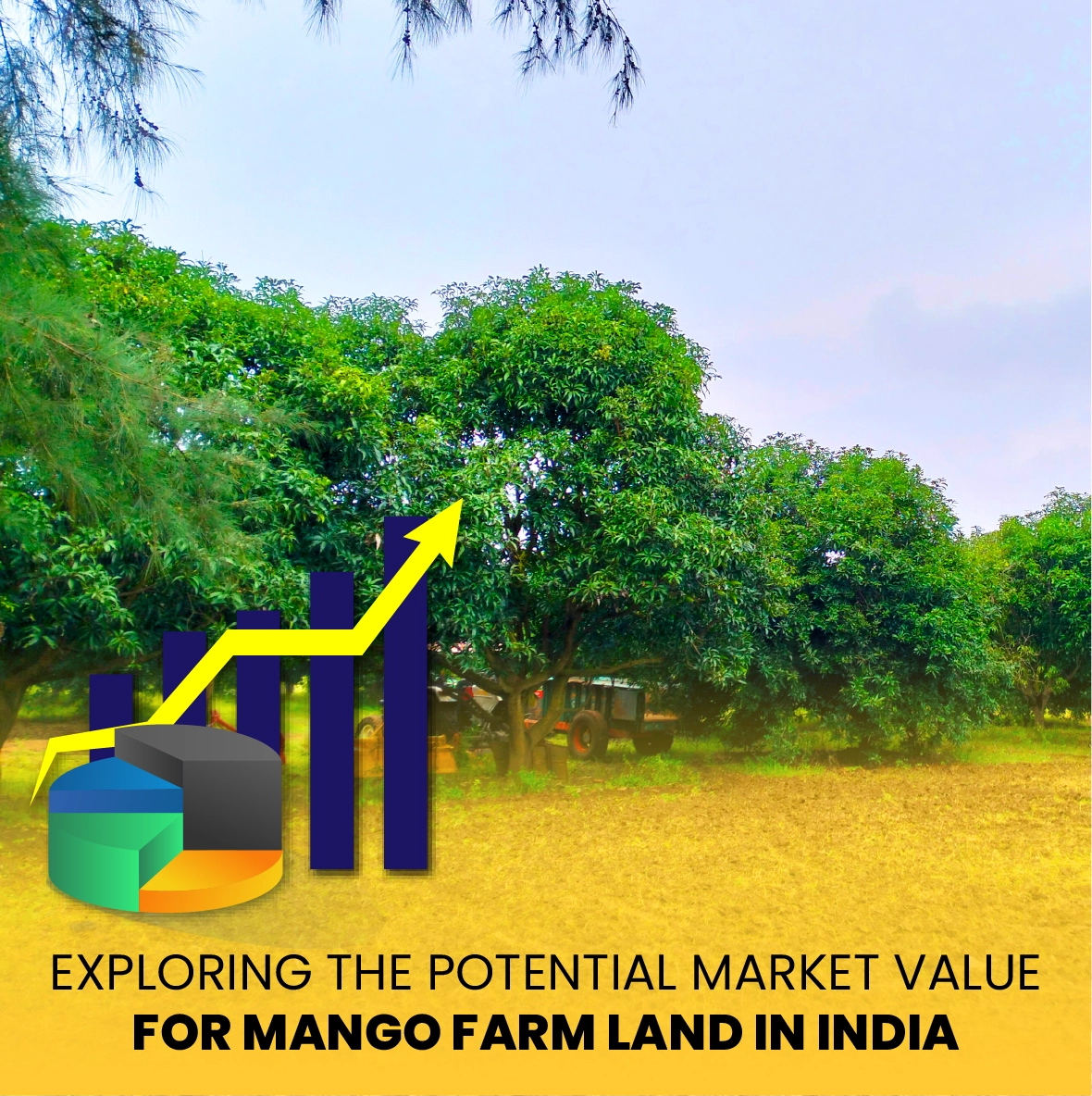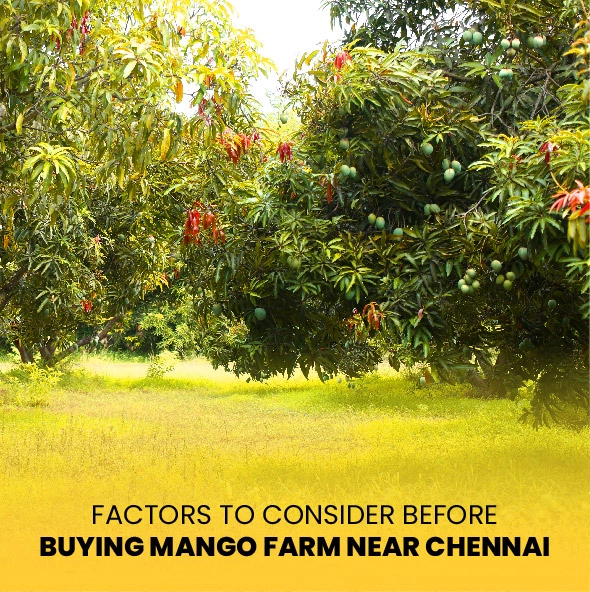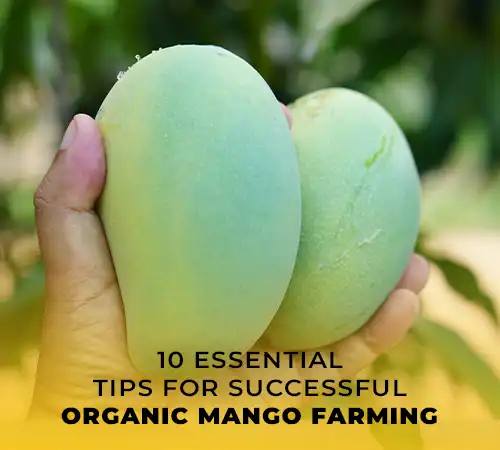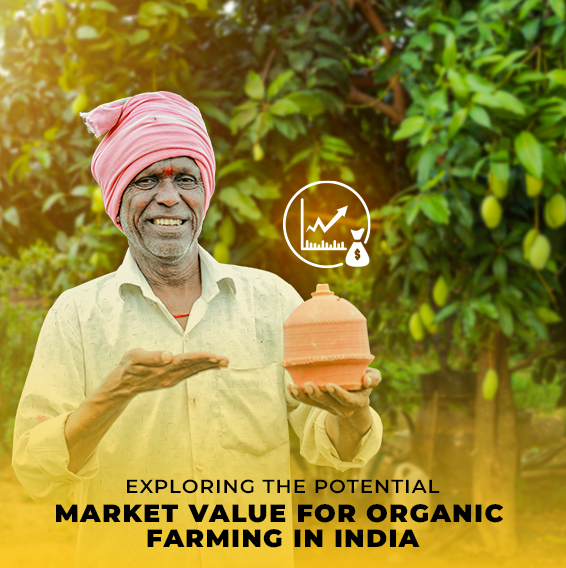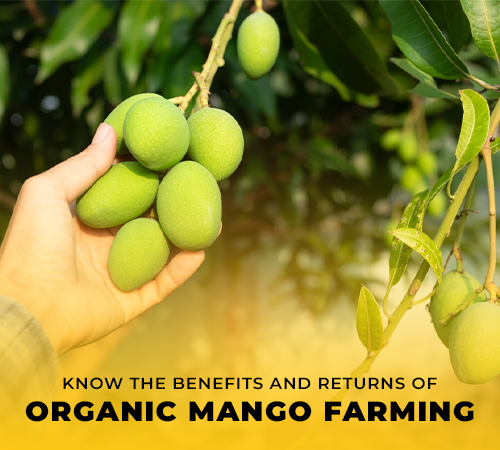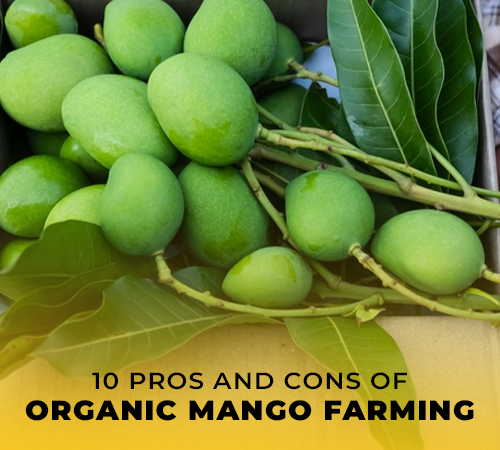'Malgova' or 'Malgoa' is a famous mango farming production in Tamil Nadu, Kerala, Karnataka, and other areas of South India. Usually weighing between 300 and 500 grams, this big round fruit has a little hard seed inside. Often regarded as among the greatest mangoes, it is quite juicy and aromatic. Along with sections of Gujarat, Andhra Pradesh, and Karnataka, the districts of Salem, Dharmapiri, and Krishnagiri in Tamil Nadu focus on Malgova mango farmland production.

Transported from Florida, a variety called "Mulgoba" most likely came from a mislabeling mistake during the first introduction. The "Mulgoba" from Florida differs greatly from the original Malgova in India; hence, its transplantation has caused some uncertainty. Furthermore, adding to the difficulty of its worldwide distribution is the strain of this mango grown in Malaysia. Fascinatingly, the US variation of "Mulgoba" is far smaller than its Indian equivalent and may even be a completely distinct strain. DNA research of fifty various mango varieties supports this theory by showing that among them, the Malgova is one of the most genetically diverse kinds. This distinction emphasises the special qualities of the Malgova mango, separating it from other kinds and underscoring the likely genetic difference of the "Mulgoba" strain discovered in the US and Malaysia.
The Malgova mango is celebrated for its very sweet, rich taste, often described as having wonderful caramel or honey notes. Mangos are a widely sought-after variety in both domestic and international markets and a favourite among those who enjoy them because of this flavour profile. Often having a mammoth-like presence, the Malgova mango is unique in appearance and distinguished by its round form and great weight. The Malgova mango keeps its greenish tint even at peak ripeness, unlike many other mango cultivars that change colour as they ripen. Apart from other mango kinds, this special quality and size help the Malgova mango to be immediately recognisable.
According to legend, a group of committed farmers presented a basket of the best Malgova mangoes to their Maratha King Shivaji in order to pay him respect. Shivaji's senses were enthralled by these mangoes, which were renowned for their great sweetness, luscious flesh, and size. Enthralled by their unmatched taste and scent, the monarch was quite moved. Understanding the extraordinary flavour of the Malgova mangoes, Shivaji decided they should be grown widely over his domain. His royal decree guaranteed that the inhabitants of his domain could savour these delicious fruits and contributed to making Malgova mangoes a beloved variety in the area, honoured for next generations.
The Malgova mango is green and, occasionally, shows traces of red when ripe. It shares a blunt apex, a roundish-oblique form, and a smaller lateral beak than other mangoes. The stone inside is little, notwithstanding its weight. Usually with some red flush, the Florida variation is more yellowish. The flesh is yellow, soft, fiberless, and smells strongly of rich, spicy, and sweet. Usually picked around May (July/August in Florida), it is a late-ripening mango featuring a monoembryonic seed. With a pH of 4.65, the Malgova mango has mild acidity (0.11). Strong growers with spreading, open canopies—the trees are developing in great dimensions.
The origin of the American "Mulgoba" variant is hypothetical. Twelve grafted mango trees, including "Mulgoba, were sent from India to the US by G. Marshall Woodrow of the Agricultural College in Poona in 1889. Arriving in Washington, D.C., in a terrible state, these trees were later moved to South Florida for treatment. Professor Elbridge Gale near West Palm Beach, Florida, received five trees. 'Mulgoba' most likely mislabeled the Indian Malgova mango.
Just two trees survived a severe winter by 1895: Gale's "Mulgoba," which first fruished in 1898, and an "Alphonse" tree. The fruit suggested it might be an unidentified variety or a chance seedling since it did not resemble the Indian "Mulgoba."
'Mulgoba' was an unreliable producer in Florida, which limited its commercial success even if its taste and colour were acknowledged as outstanding. It yielded the Haden mango, which evolved into many Florida mangoes' progenitors. Though it never became a commercial cultivar, 'Mulgoba' is still kept in the USDA's germplasm bank in Miami, the Tropical Research and Education Centre at the University of Florida, and the Miami-Dade Fruit and Spice Park.
Buying Malgova mango farmland offers a great commercial possibility with expected returns on investment (ROI). These established mango farms have mature, well-grown trees that improve fruit quality and yield. The rich, healthy surroundings of these farms guarantee the plants flourish and generate the greatest quality mangoes. Furthermore, appealing to investors seeking value and a strong return on investment is Malgova mango land since it is reasonably priced. Malgova mango farmland is an interesting investment because of the excellent yields combined with reasonable prices.
The reasonably priced Malgova mango farmland is appealing for investment since Usually, the first investment value for a well-developed Malgova mango plantation might vary between $9,000,000 and $15,000 per acre. Given the great demand for Malgova mangoes, investors could expect a return on investment (ROI) of between twenty% and thirty% yearly. Investing in Malgova mango farms thus not only presents a profitable possibility but also a long-term, sustainable one.
Mr. Suresh Kumar, who made investments in a 10-acre Malgova mango farmland in Krishnagiri, Tamil Nadu, has one amazing success story. Beginning with $30,000, Mr. Kumar raised his mango trees using contemporary agricultural methods and environmentally friendly farming approaches. His acreage yielded an abundance of premium Malgova mangoes within three years, which made a net profit of $15,000 a year. The outstanding return on investment and rising market for Malgova mangoes have motivated Mr. Kumar to increase his acreage, therefore setting an example for other would-be mango growers.
Rich in history and great taste, the Malgova mango is still a favourite variety in South India and among mango aficionados all around. Though its transplanting to the United States presents difficulties, the Malgova, sometimes known as "Mulgoba," has left a major legacy influencing many contemporary mango varieties. For both horticulturists and mango aficionados, its particular flavour, historical relevance, and special qualities make it an intriguing topic. The Malgova mango is still a symbol of tropical enjoyment, whether eaten fresh in its natural areas or valued as part of mango history in Florida. Investing in Malgova mango farmland also presents a profitable business prospect since it combines well-developed, mature trees with a perfect growth environment at reasonable cost and a good return on investment. Success stories like Mr. Suresh Kumar's clearly show that Malgova mango farming investment is not only profitable but also a sustainable and fulfilling endeavour.
